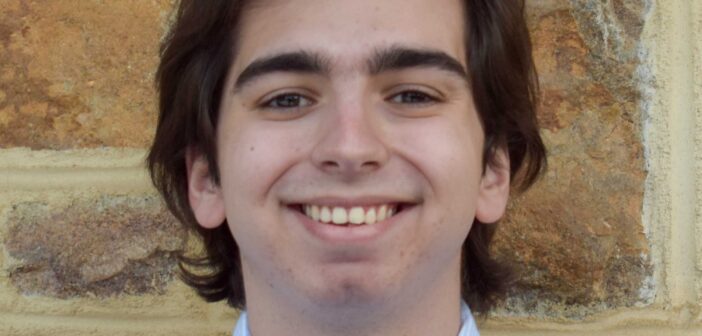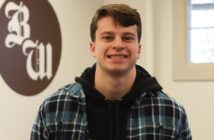I had what most people would call an average high school experience. I had friends, but not too many; I was on the track team and I did debate. I graduated from a small school in a small town in Massachusetts and came to Lehigh, and I never really thought about my school after that.
That was until we spoke about the erasure of Native American culture in one of my classes and I remembered that my high school’s mascot, the Dartmouth Indians, had become a point of contention early in my senior year.
I decided to research the topic to see if the town had made any progress in choosing a new mascot or if the conversation was still ongoing.
I was not prepared for what I found.
The debate over my high school’s mascot is alive and more contentious than ever, with arguments taking place both online and in school board meetings.
The town of Dartmouth has since agreed to send out a non-binding referendum at the next local election determining the public’s view on the issue, leading to the creation of “Defend Dartmouth” signs and Facebook groups in support of the mascot.
The issue is more nuanced than white parents wanting to preserve an outdated symbol.
The current iteration of the Indians’ logo was created in 1974 by Clyde Andrews, a member of the Wampanoag tribe of Gay Head Aquinnah and Dartmouth graduate who, according to a recent article in Dartmouth Week, hopes to see the logo’s continued use.
Conversely, the chairwoman of the Wampanoag Aquinnah, Cheryl Andrews-Maltais, also worked to redesign the logo in the 70s and said in a Providence Journal article that she is opposed to keeping the name that she believes is outdated.
There is a rich conversation going on among members of the local tribes in and around Dartmouth over the logo, but their voices do not seem to matter as much as they should.
According to the U.S. Census Bureau, the town of Dartmouth is 90 percent white and zero percent Native American, yet the whole town is voting on whether “Indians” is an acceptable name.
Both sides of the public debate are eager to accuse the other of unduly speaking on behalf of the Native American population, yet the whole town is speaking on their behalf.
So why am I writing about this local issue in The Brown and White?
Because my high school’s experience and Dartmouth’s actions are a microcosm for how many white Americans treat the voices of Native Americans and other marginalized groups.
This can be seen clearly in the media’s rhetoric following Black Lives Matter protests in 2014 and 2020 following the murders of Michael Brown and George Floyd, respectively.
Conservative media took small pockets of violence from the mostly peaceful demonstrations and used it to disavow the entire meaning behind the protests.
Liberal media used strong rhetoric in support of the protesters without ever addressing the issues of systemic racism and police brutality the demonstrations were trying to call attention to.
In both cases, the actions or beliefs of a small part of a community were perceived as the collective beliefs of that entire group, and it was up to predominantly white newscasters to explain it to us.
That form of rhetoric is a fallacy; it is also racist.
We can learn from the failures of my high school and the media at large. No issue is as clear-cut as it seems and people are more than the stereotypes or talking heads that you see online.
I’ve written to numerous editors of local newspapers to voice my opinion about the logo, and I will be voting to remove it, but all the while, it is hard not to feel guilty for my advocacy.
Because sometimes, even if I mean well, public discourse hardly needs another white voice.
Delegitimizing Native American voices that disagree with me achieves the opposite of what I set out to do.
Because ultimately, this shouldn’t be up to me.






Comment policy
Comments posted to The Brown and White website are reviewed by a moderator before being approved. Incendiary speech or harassing language, including comments targeted at individuals, may be deemed unacceptable and not published. Spam and other soliciting will also be declined.
The Brown and White also reserves the right to not publish entirely anonymous comments.
2 Comments
Touch some grass sir
I hope the Dartmouth Indians prevail as it is an honor to be remembered as a mascot.
Wish Lehigh would have stopped trying to erase history when they deep sixed the Lehigh Engineers for a generic bird.
Be proud to be a Dartmouth Indian!!